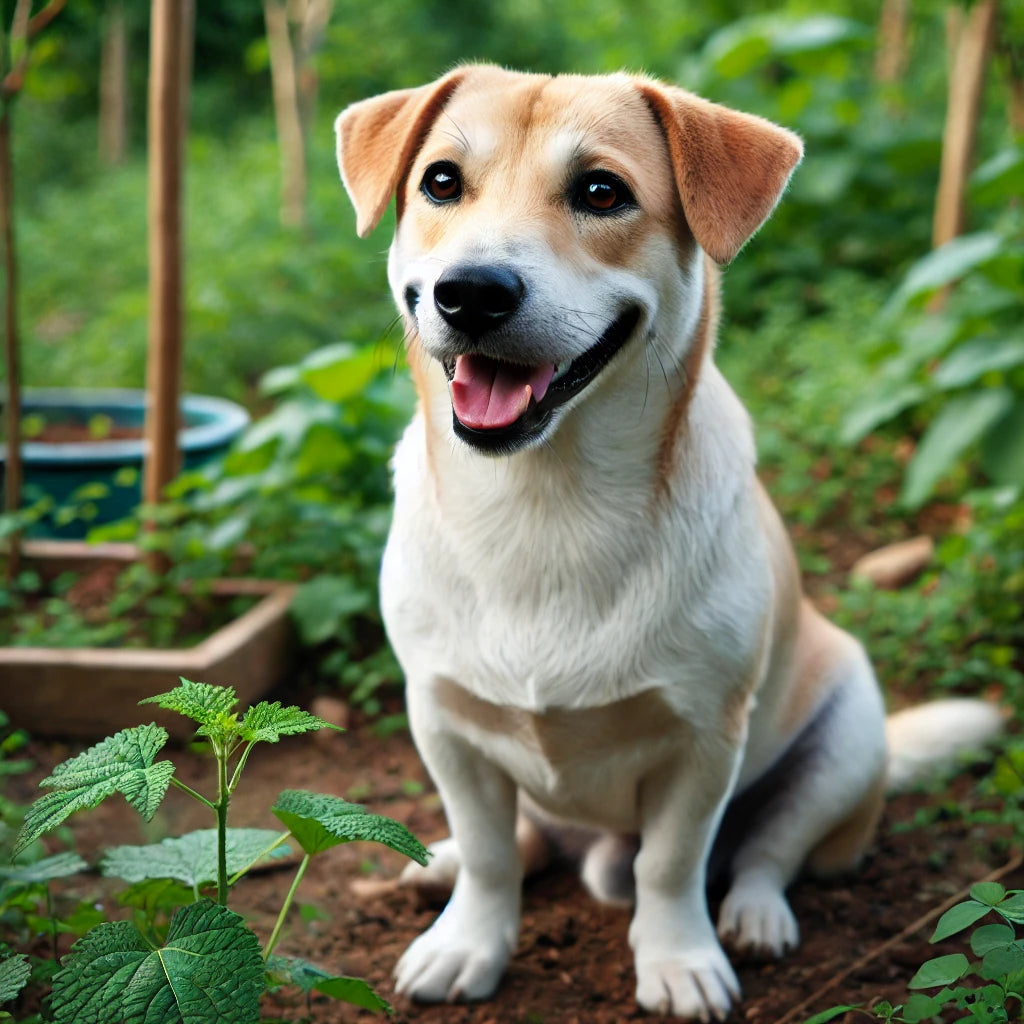If you’ve noticed a foul, rotten smell coming from your dog’s tumor, you’re likely feeling alarmed and concerned. A tumor emitting an unpleasant odor is not just uncomfortable for you and your pet—it may indicate serious issues that require prompt attention. In this article, we’ll explore why dog tumors might smell rotten, the potential causes behind this odor, and what you can do to manage your dog’s health effectively and compassionately.
Why Does a Dog's Tumor Smell Rotten?
A "rotten" odor coming from a dog’s tumor is typically due to necrosis, which means that parts of the tumor tissue are dying. This process can release foul-smelling substances and gases as the tissue breaks down. Necrosis in a tumor often occurs when it grows so large that it outpaces its blood supply, leading to areas of the tumor tissue dying off due to lack of oxygen and nutrients.
Other possible causes of a rotten smell from a tumor include infections, inflammation, or abscess formation. Bacterial infections can readily develop in and around tumors, especially if the tumor is open, ulcerated, or has started to bleed.
Common Types of Tumors That May Develop a Foul Odor
While any tumor can become necrotic, certain types are more prone to developing this issue:
- Mast Cell Tumors (MCTs): These tumors, often seen in the skin, can become inflamed, ulcerated, and infected, leading to a foul smell.
- Squamous Cell Carcinomas (SCCs): Typically affecting skin cells, these tumors are aggressive and can grow quickly, leading to necrotic tissue and odor.
- Soft Tissue Sarcomas: These tumors can grow large and affect surrounding tissues, leading to necrosis and infection.
- Melanomas: Although often associated with pigmented skin areas, melanomas can occur in various body parts and may develop necrosis as they grow.
Signs and Symptoms Accompanying a Rotten-Smelling Tumor
If your dog’s tumor is emitting a strong odor, you may notice other symptoms that indicate worsening tumor health or secondary infection:
- Redness and Swelling: If the tumor is inflamed, this can indicate infection or irritation.
- Discharge or Pus: A leaking tumor may ooze blood, pus, or other fluids, particularly if it’s ulcerated or infected.
- Pain or Sensitivity: Your dog may display signs of discomfort or yelp when the area is touched.
- Appetite and Energy Changes: If the tumor is causing pain or infection, your dog may eat less, sleep more, or appear lethargic.
Steps to Take if Your Dog’s Tumor Smells Rotten
A rotten-smelling tumor requires medical attention to prevent further complications. Here’s what you should do:
-
Visit Your Veterinarian Promptly A foul odor, combined with discharge or discomfort, suggests infection or necrosis, which can lead to serious health issues if left untreated. Your veterinarian can assess the tumor, clean it, and potentially prescribe antibiotics to manage any infection.
-
Consider Surgical Removal or Other Treatments If the tumor is operable, removal may be the best option to relieve discomfort and prevent further complications. In cases where surgery isn’t possible, alternative treatments like radiation, chemotherapy, or palliative care may be considered to slow the tumor’s growth and manage symptoms.
-
Use Topical Treatments as Advised by Your Vet In cases where surgery or major treatments aren’t feasible, your vet may suggest medicated topical treatments, such as antimicrobial ointments or sprays, to reduce infection and odor. Always use products recommended by a vet, as some human medications can be toxic to dogs.
-
Provide a Clean and Comfortable Environment Keeping your dog’s environment clean and free from irritants can help reduce odor and prevent infection. Wash bedding regularly, provide a soft place for them to rest, and avoid rough surfaces that could irritate the tumor.
-
Manage Pain and Discomfort Your vet may prescribe pain relief medications to keep your dog comfortable. You can also explore non-invasive therapies, like CBD oil or acupuncture, to help alleviate pain, although it’s important to discuss these options with your vet.
Holistic and Palliative Care Approaches for Comfort
For tumors that are inoperable or for dogs in their senior years, palliative care can make a significant difference in comfort and quality of life. Here are some natural approaches that may help manage symptoms and odor:
- CBD Oil: Known for its pain-relieving and anti-inflammatory properties, CBD oil can help manage pain and reduce inflammation around tumors.
- Turmeric Paste: With anti-inflammatory and potential anti-cancer properties, turmeric paste can be given orally or used in food to support overall health.
- Manuka Honey: A natural antiseptic, manuka honey can be applied topically to small open sores to promote healing and reduce bacterial growth.
These treatments are not a cure for cancer but can help alleviate discomfort and improve your dog’s overall quality of life.
Preventing Future Tumor Complications
While not all tumors are preventable, there are steps you can take to monitor and manage your dog’s health:
- Regular Checkups: Early detection is key. Routine vet visits allow for regular skin checks, especially for senior dogs or those with a history of tumors.
- Healthy Diet: Feeding your dog a balanced, nutrient-rich diet supports their immune system and may help in overall health and disease prevention.
- Sun Protection: Some skin cancers are exacerbated by sun exposure, so consider sunblock (vet-approved) or shade for lighter-coated dogs who spend a lot of time outdoors.
Final Thoughts: Compassionate Care for Your Pet
Dealing with a smelly tumor can be distressing, but remember that with the right approach and guidance from your veterinarian, you can provide your dog with a compassionate, comfortable experience. There are numerous ways to manage the symptoms, reduce odor, and improve quality of life, whether through medical treatments, palliative care, or simply creating a cozy, stress-free environment.
A tumor may bring challenges, but with love, patience, and thoughtful care, you and your dog can face it together, ensuring that every moment is as comfortable and joyful as possible.

